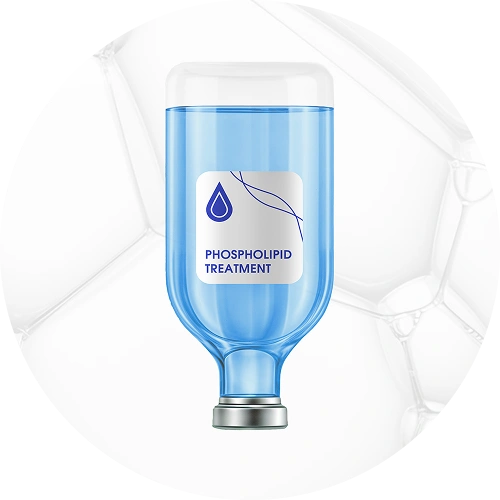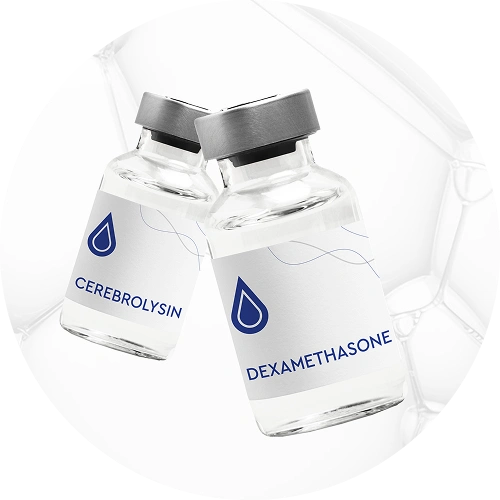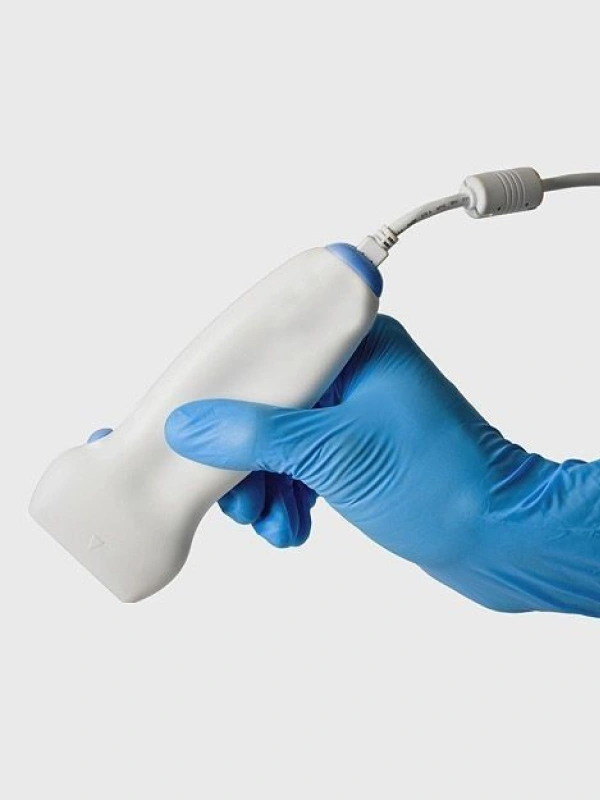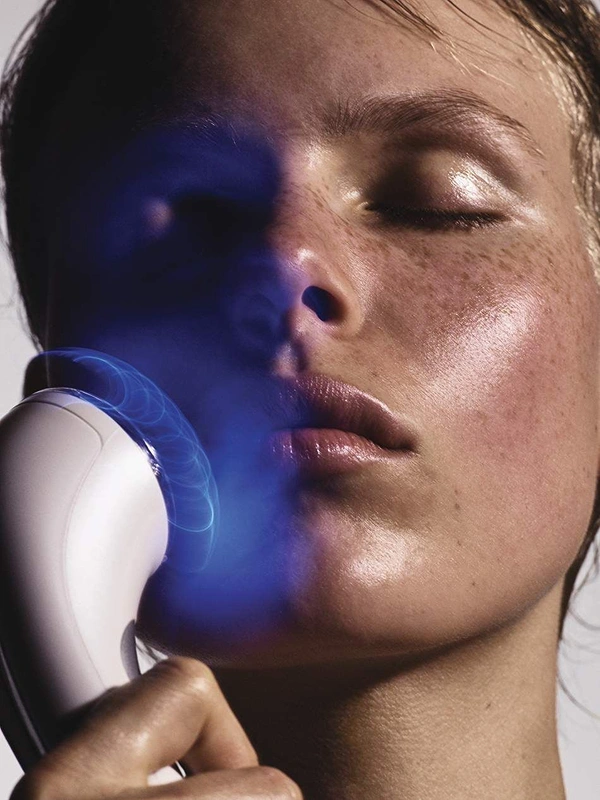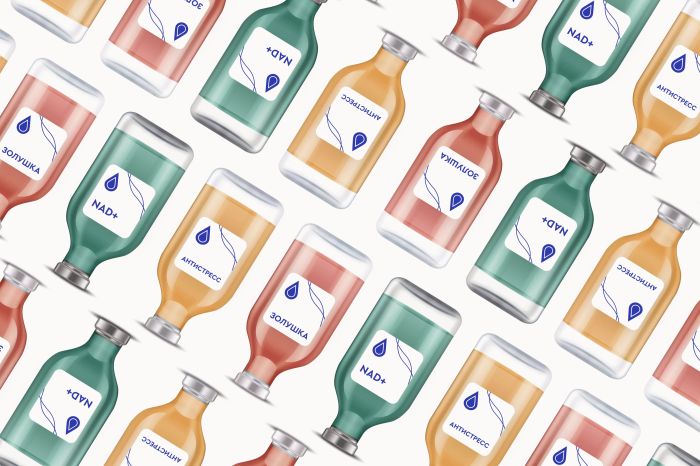Dubai
English
Request a call
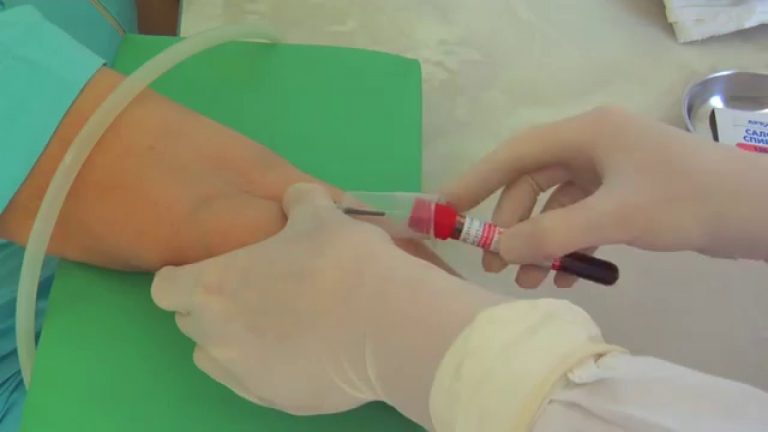
Donating blood is a quick and seemingly simple procedure, especially when it comes to routine laboratory tests. However, even in such an apparently ordinary process, there are hidden pitfalls. Not everyone knows that after this, not everything is allowed — there are things that are important to keep in mind in order not to harm yourself.
Many people believe that since the procedure takes only a couple of minutes, there are no restrictions. But that’s not entirely true. Surprisingly, it is precisely after the procedure that some experience dizziness, weakness, bruising, or even fainting. To avoid this, it is important to understand what should not be done after donating blood and why.
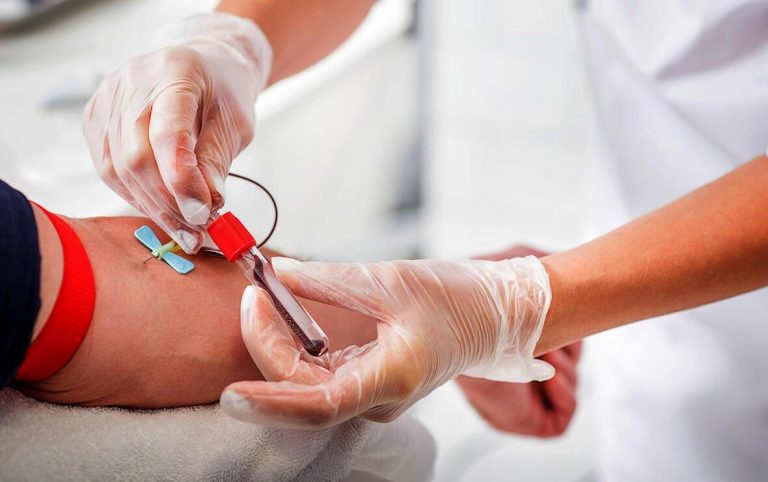
Why caution is important after the procedure
When you have blood drawn from a vein, the body loses part of its circulating fluid volume. The amount may be small—usually from 5 to 10 milliliters—but for people with low blood pressure, anemia, or clotting disorders, even this amount can cause discomfort. In addition, the puncture of the vein itself—though minimal—is still an intervention. That is why it is important to give the body some time to restore balance and not rush into active movements immediately after leaving the procedure room.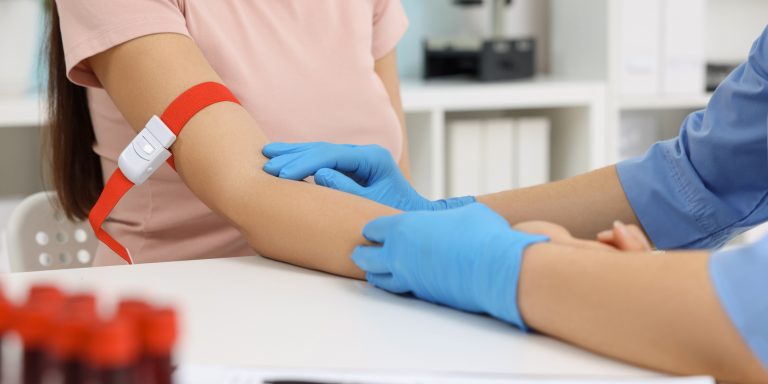
What Not to Do After Giving Blood from a Vein for Tests
Ignoring simple recommendations can lead to unpleasant consequences. Here’s what you should avoid after the test to keep your well-being stable:- Do not remove the bandage too early: the doctor applies it for a reason – it helps stop the bleeding and prevents a hematoma. It’s better to wait 10–15 minutes before taking it off.
- Do not lift heavy objects or strain your arm during the first hour: strong tension may cause renewed bleeding or a bruise.
- Do not exercise right after the test: even light training may cause dizziness, your body needs a little rest.
- Do not smoke in the first 30–40 minutes: nicotine narrows blood vessels, which interferes with blood flow recovery at the puncture site.
- Do not rush to drive: if you feel weak or foggy after the test – rest for 15–20 minutes, which is especially important if the blood was taken on an empty stomach.
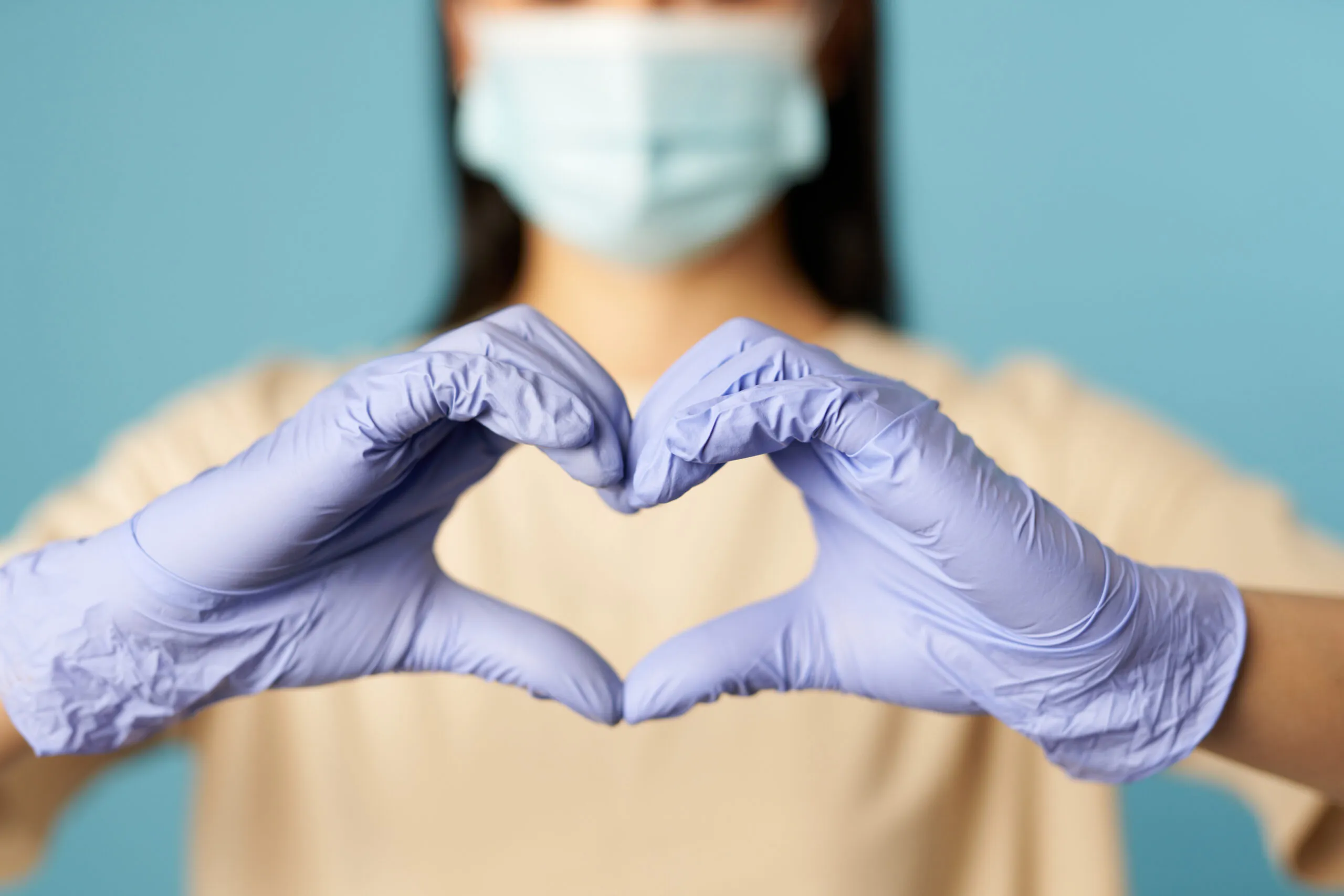
A little more about what to definitely avoid
Some recommendations are not always obvious, but they are also important to keep in mind after giving blood:- Do not visit a bathhouse or sauna on the same day: high temperatures increase blood circulation, which may provoke repeated bleeding.
- Do not drink alcohol: even if the test was in the morning, it is better to refrain from a glass of wine in the evening, since alcohol slows down recovery.
- Do not rush to take repeat tests: if you need to give several samples at once, check with your doctor whether this is allowed in one day.
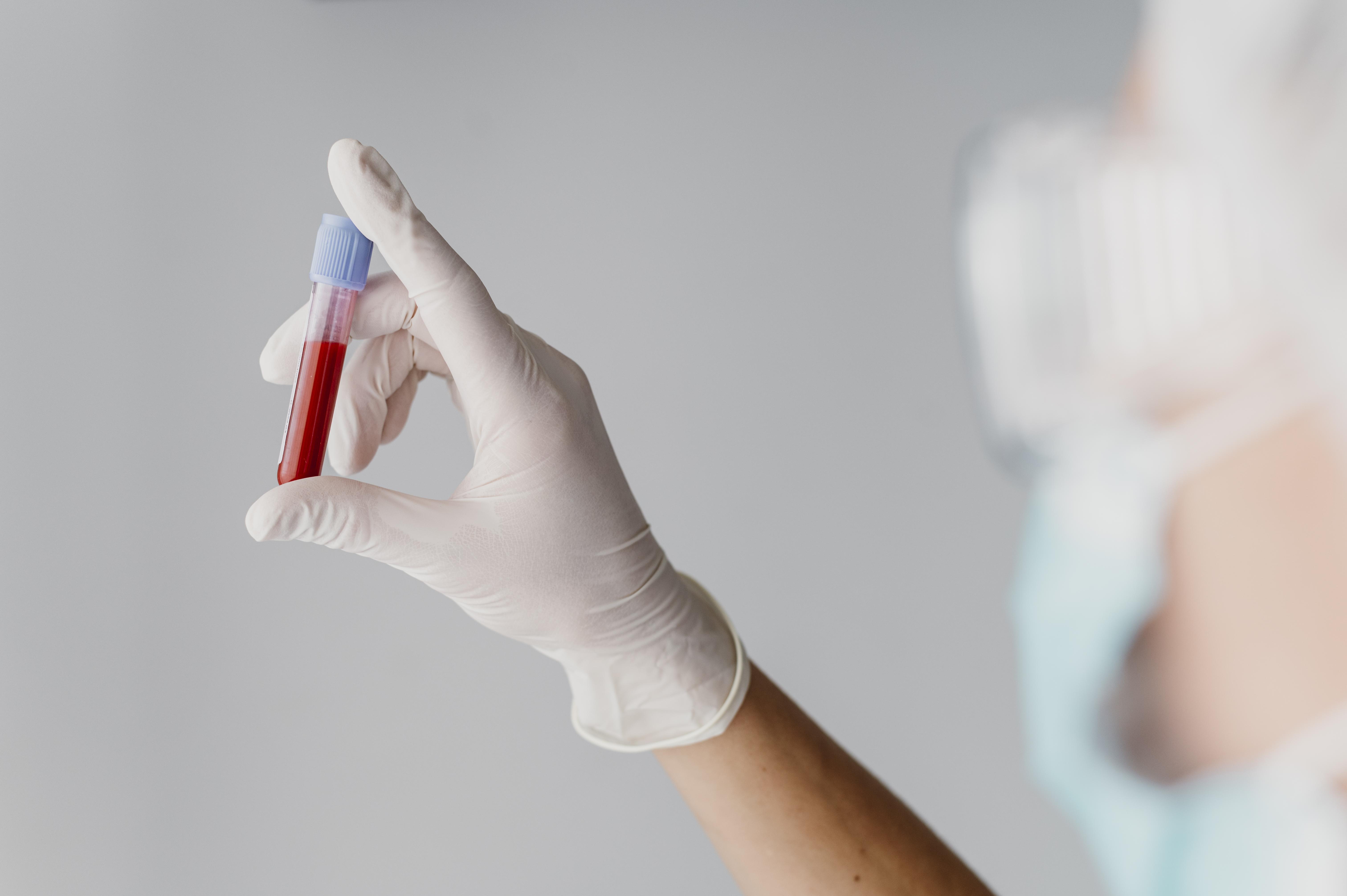
And if you feel weak – what should you do?
Sometimes, even when following all the recommendations, slight dizziness may appear, but this is no reason to panic. The best thing to do:- Sit down or lie down in a cool room.
- Take a few deep breaths.
- Drink some water or sweet tea.
- Avoid sudden movements for an hour.

Fill out the form to book your consultation.
Your personal manager will contact you within 10 minutes and arrange a convenient time for your visit.



